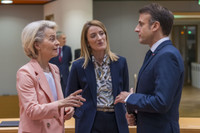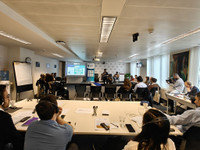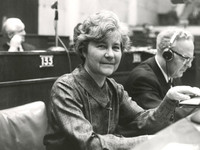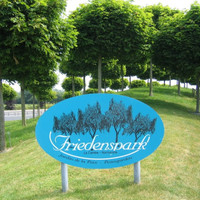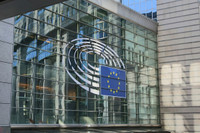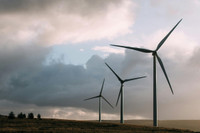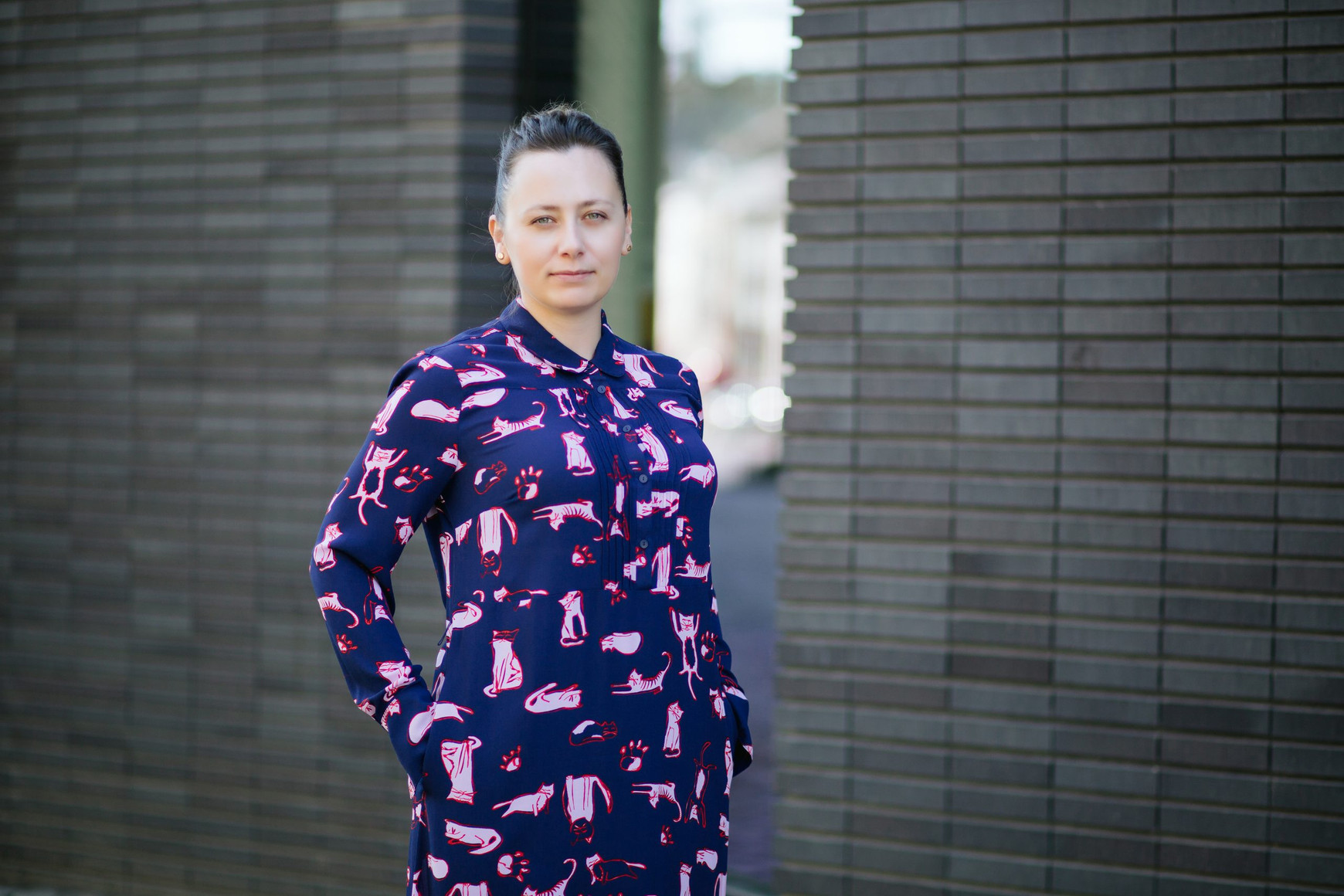
For our weekly “Ideas on Europe” editorial by UACES, the University Association for European Studies, we have the pleasure to welcome Dorina Baltag, from Loughborough University, in London. Bonjour, Dorina!
The Russian war in Ukraine questions some of the basic principles on which peace on the European continent has been constructed since the end of the Second World War. Dorina, you are a researcher at the Institute of Diplomacy and International Governance at Loughborough University London, which recently organised an event on this topic. What came out of it?
It sounds counter-intuitive to talk about peace when there is a war happening on the European continent, but Russian military aggression, invasion and war in Ukraine is a turning point for politics, economics, society, and, of course, the world order. The legacy of this war will be long-lasting.
What we are witnessing now is a European Union that has responded with exceptional unity, resolve and speed. At the same time this war reveals the sensibilities of the different countries and highlights the need to account for global interdependencies. So, any consideration of a sustainable future of peace must consider the way in which the interconnectedness between geopolitics and geoeconomics will be addressed.
Let’s start with the geopolitical dimension.
In geopolitical terms, we can say that the European Union had an ‘awakening’.
For the first time EU leaders did not hesitate but acted immediately by sending military equipment to a third country. A few days only after Russia’s invasion, the EU agreed on spending €450 million in arms for Ukraine and an additional €50 million in non-lethal aid. We even witnessed a stimulation of the EU military drive and a U-turn in German’s foreign and security policy. Putin managed to produce what was unimaginable in the post-Cold war era: Germany stepped up its own defence capabilities by setting up a special fund for the modernisation of its armed forces.
It is clear that the war in Ukraine has radically changed the EU’s position on Russia.
And it has pushed member states to commit to support the future membership of Ukraine. On the fourth day of the war already, we watched the Ukrainian president Zelensky applying for EU membership!
At first, it looked like there was a positive response – the resolution from the European Parliament and the statement from the European Council were confirming that ‘Ukraine is one of us’. But, there is also an intra-EU divide: Central and Eastern European countries who are pushing for fast-tracking Ukraine’s candidate status versus Germany, the Netherlands or France who are more reluctant, emphasizing the long process of deep internal transformations and scaling full integration back to the “Association Agreement” which does not automatically offer membership perspective.
That’s the situation. The question is: how will it be possible to ensure peace in the future?
It is up to the EU to decide where it wants to stand in the new world order. An awakened EU as a regional security actor is long overdue and, in this role, the EU needs to balance-out geopolitics with geoeconomics. This means it can no longer embrace a politics of double standards. To ensure peace, the EU’s ambiguous approach in external relations – where the democracy promotion agenda is often overtaken by member-states’ national economic interests – needs to stop.
In the long-term, peace on the European continent depends on the EU’s political will of providing security guarantees to its neighbours. And in the EU’s normative vein, this means nothing else than membership perspective. Probably, the best way forward in giving Ukraine a message regarding its own perspective is to no longer slow down the association process in Western Balkans!
Many thanks, Dorina, for sharing the insight from your event with us.
“Ideas on Europe” will be back next week, and we will welcome Mechthild Roos again, from the University of Augsburg, in Germany.
